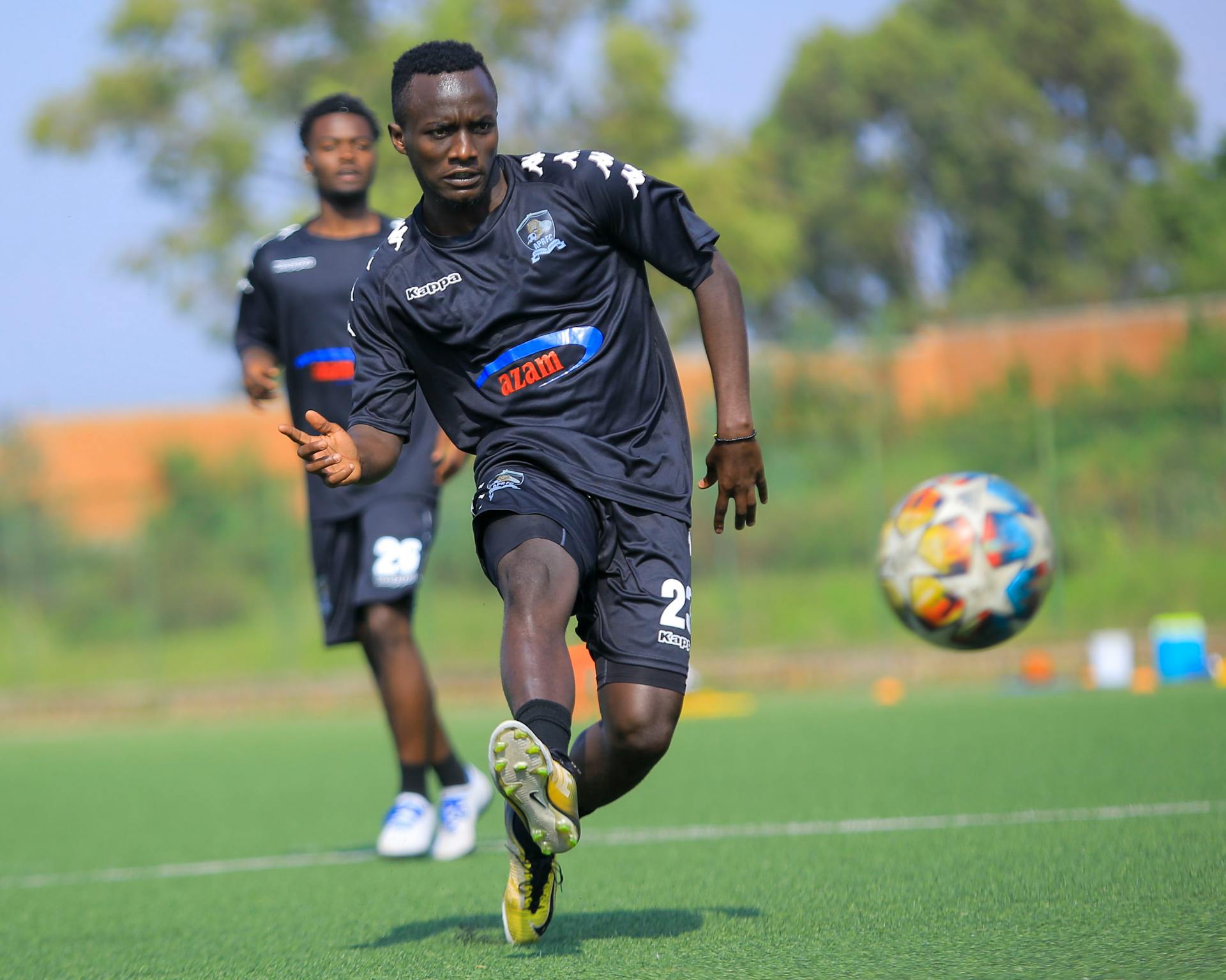
There are a number of reasons why your ball python may not be eating. The most common reason is that the snake is not comfortable in its environment and is not feeling safe. This can be caused by a number of factors, including a lack of hiding places, incorrect temperature, or too much light. If your snake is not eating, it is important to check its environment and make sure that everything is in order.
Another common reason for a ball python not eating is stress. This can be caused by a number of things, including handling by humans, changes in the snake's environment, or the presence of other animals in the same room. If your ball python is not eating and you suspect that stress may be the cause, try to reduce the amount of handling and make sure that the snake's environment is as stable as possible.
If neither of these is the problem, it is possible that the snake is sick. This is much less common, but it is important to be aware of the possibility. If your snake is not eating and you are concerned about its health, consult a veterinarian who specializes in reptiles.
Is there anything I can do to get my ball python to eat?
First and foremost, it is important to ensure that your ball python has a proper environment. The temperature in your snake’s enclosure should be between 78 and 80 degrees Fahrenheit during the day, with a basking spot that reaches 84 to 86 degrees. The night time temperature can drop to 74 to 76 degrees. Your ball python’s enclosure should also have a hiding spot and enough space to roam and explore. If your snake’s enclosure does not meet these requirements, it may be contributes to your ball python’s lack of appetite.
In addition to a proper environment, another important factor to consider is your snake’s feeding schedule. It is best to feed your ball python once every 5 to 7 days. If you are feeding your snake live prey, it is important to watch the prey closely to ensure that it is not harming your snake. If you are feeding your snake frozen/thawed prey, it is important to thaw the prey properly (in hot water or in the microwave) to avoid harming your snake. It is also important to ensure that the prey is not too big for your snake to eat.
If you have considered both the environment and the feeding schedule and your ball python still is not eating, there are a few other things you can try. First, you can try offering a different type of food. If you have only been offering live prey, try frozen/thawed prey. If you have only been offering frozen/thawed prey, try live prey. You can also try offering a different size or type of prey. For example, if you have only been offering mice, try offering a lizard.
Another option is to try offering food at a different time of day. Some ball pythons prefer to hunt at night, so try offering food at night. You can also try offering food in the morning or afternoon.
If you have tried all of the above and your ball python still is not eating, it is important to consult with a reptile veterinarian. There could be an underlying health issue causing your snake to lose its appetite.
What are the consequences of my ball python not eating?
There are several potential consequences of a ball python not eating. One is that the snake may become malnourished and/or dehydrated. If a snake isn't getting the nutrients and moisture it needs, it can become weak and eventually die. Additionally, a ball python that isn't eating may be suffering from an underlying health issue. If a snake isn't eating, it's important to take it to a reptile vet to find out if there is a medical reason for the lack of appetite.
Expand your knowledge: How Old Do You Have to Be for T Ball?
How long can my ball python go without eating?
A ball python can go without eating for quite a while. They are able to do this because they are able to slow down their metabolism when necessary. If a ball python is sick or stressed, they may not eat for a period of time. If a ball python is shedding, they may also go off their feed for a period of time. It is not uncommon for a ball python to go a few weeks without eating. If a ball python goes for an extended period of time without eating, they may start to lose weight and become unhealthy.
What happens if my ball python doesn't eat for a long time?
If a ball python does not eat for a long time, it will eventually starve to death. This is because they are reliant on their food source for energy and nutrients. Without food, they will slowly weaken and die. It is important to make sure that your ball python has a regular supply of food, and if they stop eating for a prolonged period of time, you should seek professional help.
Is there a reason why my ball python isn't eating?
Your ball python may not be eating for a number of reasons. It could be that the snake is not feeling well, something is wrong with its food, or it may be in sheds. If your snake is not eating, it is important to take note of any other changes in behavior. If your snake is not eating and is also lethargic, has a change in appearance, or is acting strangely, this could be a sign of illness and you should take your snake to the vet.
There are a few common reasons why ball pythons may not eat. One reason is if the snake is not feeling well. This could be due to an underlying health condition, stress, or damage to the digestive system. If your snake has not been eating and appears to be ill, it is important to take it to the vet.
Another reason your ball python may not be eating is if something is wrong with its food. This could be due to the food being old or spoiled, the wrong size or type of food, or there may be something else wrong with the food. If you are not sure what is wrong with the food, you should take a sample to the vet to have it tested.
The last common reason ball pythons may not eat is if they are in sheds. Shedding is a natural process for snakes, but it can be stressful. During sheds, snakes often stop eating and become more inactive. If your snake is in a shed, it is important to make sure it has access to a humid hiding spot so it can shed properly.
If your ball python is not eating and you are not sure why, it is important to take note of any other changes in behavior. If your snake is also lethargic, has a change in appearance, or is acting strangely, this could be a sign of illness and you should take your snake to the vet.
Consider reading: Ball Pythons
What can I do to help my ball python start eating again?
It can be very worrisome when your ball python stops eating. There are several things that you can do to try to get your ball python eating again.
First, you should check to make sure that there is nothing physically wrong with your ball python. If your ball python is healthy, then there is probably no need to worry. However, if your ball python is sick, then you will need to take it to the vet.
Second, you should make sure that your ball python is comfortable. If your ball python's enclosure is too hot or too cold, it may not want to eat.
Third, you should try offering your ball python different types of food. If your ball python is used to eating live mice, try offering it a dead mouse instead. Some ball pythons are finicky eaters and will only eat certain types of food.
Fourth, you should try offering your ball python food at different times of day. Some ball pythons are more active at night and will only eat when it is dark.
Lastly, if none of these methods work, you may need to force feed your ball python. This should only be done as a last resort and you should always consult with a veterinarian before force feeding your ball python.
Readers also liked: What to Eat When Book?
What do I need to do to make sure my ball python stays healthy?
A ball python's health is important to maintain for a number of reasons. First, a healthy ball python is a happy ball python, and a happy ball python is a snake that is more likely to be handled and interacted with. Second, a healthy ball python is less likely to contract and spread diseases to other snakes and animals. Finally, a healthy ball python is less likely to suffer from health problems itself. There are a number of things that you can do to make sure your ball python stays healthy.
First, it is important to provide your ball python with a clean and spacious enclosure. The enclosure should be large enough for the ball python to move around freely and should be equipped with a hiding spot, a water bowl, and a basking spot. The enclosure should be cleaned on a regular basis, and the water bowl should be changed daily.
Secondly, it is important to feed your ball python a healthy diet. Ball pythons should be fed a diet of live prey, such as mice or rats. Prey should be offered on a regular basis, and the size of the prey should be appropriate for the size of the ball python.
Thirdly, it is important to handle your ball python regularly. Handling helps to socialize the snake and makes it more comfortable with humans. It is important to handle the snake gently and be aware of its body language. If the snake appears stressed or uncomfortable, it is best to put it back in its enclosure.
Finally, it is important to take your ball python to the vet for regular checkups. The vet can help to identify any potential health problems and can provide advice on how to best care for your snake.
A unique perspective: Chirothin Diet
What are some things I should avoid doing if my ball python isn't eating?
If your ball python isn't eating, there are a few things you should avoid doing in order to ensure that it stays healthy and eventually starts eating again. First, don't try to force feed your python. This can cause serious health problems and may even kill your python. Second, don't handle your python too much. If it isn't eating, it is probably stressed and handling will only make it more stressed. Third, don't change its habitat too much. A new habitat can be stressful for a python and may cause it to stop eating. Finally, don't give up. If your python isn't eating, it may just be going through a normal period of fasting. Pray and have patience and your python will start eating again.
Frequently Asked Questions
Why is my male ball python not eating?
It's perfectly normal for a snake to not eat for a few months as the mating and breeding process requires lower temperatures.
What Tohow to feed a ball python?
If the snake does not eat, try temporarily housing it in a small, damp container or within a moist-warping cloth for at least four to six weeks. When the snake is ready to be released back into its environment, gradually reintroduce it into the wild over an extended period of time, gradually presenting it with live prey items.
Are ball pythons afraid of live or frozen food?
A ball python that is used to eating live prey may be afraid of frozen food. On the other hand, a ball python that is used to pre-killed or frozen prey may not see it as food. Just as important is what prey you are offering your snake. Most ball pythons prefer rats over mice.
How long can a ball python go without food?
A ball python is capable of going 3-4 months without food.
When to feed a ball python at night?
Feeding your ball python at night encourages them to eat and helps them reach their overall heath goals.
Sources
- https://www.reddit.com/r/tifu/comments/47cm83/tifu_by_getting_banned_from_a_lecture_for_laughing/
- https://locustware.com/
- https://www.lizards101.com/ball-python-feeding-chart-schedule-size-diet-tips/
- https://www.imdb.com/list/ls008743715/
- https://disney.fandom.com/wiki/Kaa
- https://en.wikipedia.org/wiki/Ouroboros
- https://en.wikipedia.org/wiki/Ebook
- https://www.everythingreptiles.com/ball-python-feeding/
- https://www.mysnakepet.com/how-do-snakes-mate/
Featured Images: pexels.com


